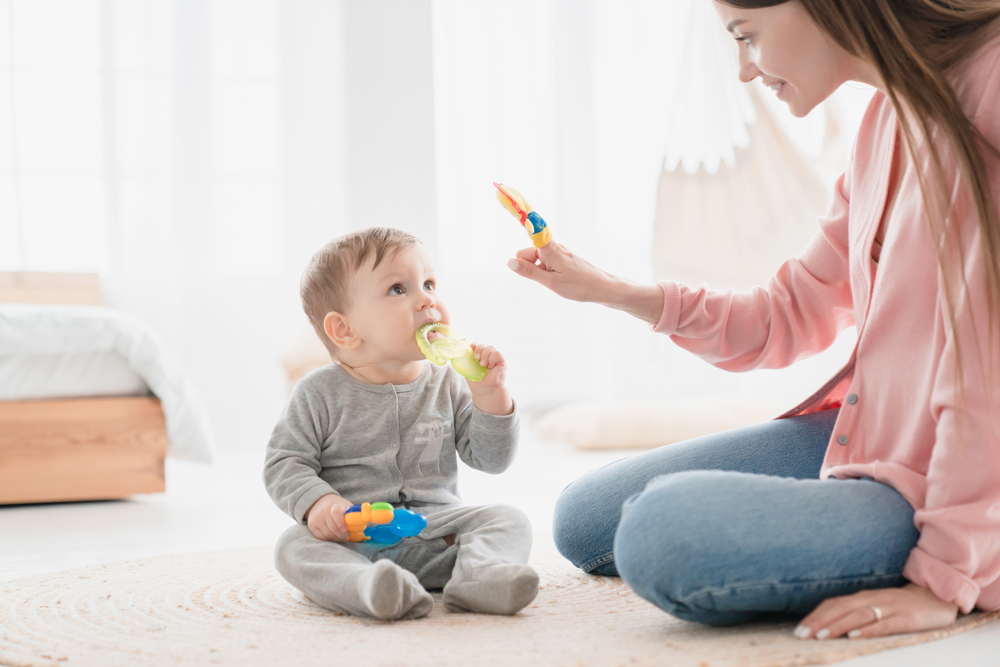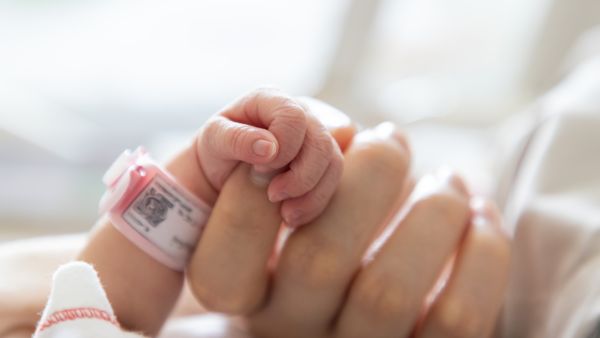ALBAWABA - A fascinating new study conducted by the University of Padua in Italy suggests that our language learning journey may actually commence during the months we spend in the womb before birth.
Shedding light on the ability of newborns to effortlessly acquire listening and speaking skills, researchers observed unique changes in brain patterns when infants were exposed to speech.
Study reveals how babies learn language before birth
These findings indicate that even before birth, babies' brains are already attuned to their mother's language and the fundamental rhythms of speech.
The study compared 33 newborns, whose mothers were French speakers. The infants listened to audio recordings of the Goldilocks and the Three Bears story in French, English, and Spanish.
Researchers observed distinct changes in brain activity when the French audio was played last. They noticed heightened long-range temporal correlations in brainwaves, indicating their connection to speech perception and processing.

Shutterstock
These findings suggest that immediately after birth, infants are capable of recognizing and absorbing the language they have been exposed to prenatally (since auditory perception typically emerges around the seven-month gestation mark).
Additionally, the researchers discovered that these brain oscillations, triggered by the French language, occurred at a frequency linked to the natural rhythms of speech. Remarkably, it appears that we are born ready to embark on the journey of language acquisition, even as mere days-old infants.
In the researchers' published paper, they state, "The newborn brain may thus already be in an optimal state for the efficient processing of speech and language, underpinning human infants' unexpected language learning abilities."

Shutterstock
While earlier studies have hinted at our ability to listen in the womb, as demonstrated by a newborn's preference for their mother's voice, this study delved deeper into the neural activity occurring in newborns. Importantly, it does not imply that infants are bound to their mother's language but rather suggests that learning commences before birth.
Moving forward, the researchers propose further investigations into how other auditory stimuli impact the brains of newborns.
Existing evidence suggests that infants can recognize music they heard earlier in the womb. Future neuroimaging studies may shed light on whether similar neural temporal dynamics accompany learning in other auditory domains.










